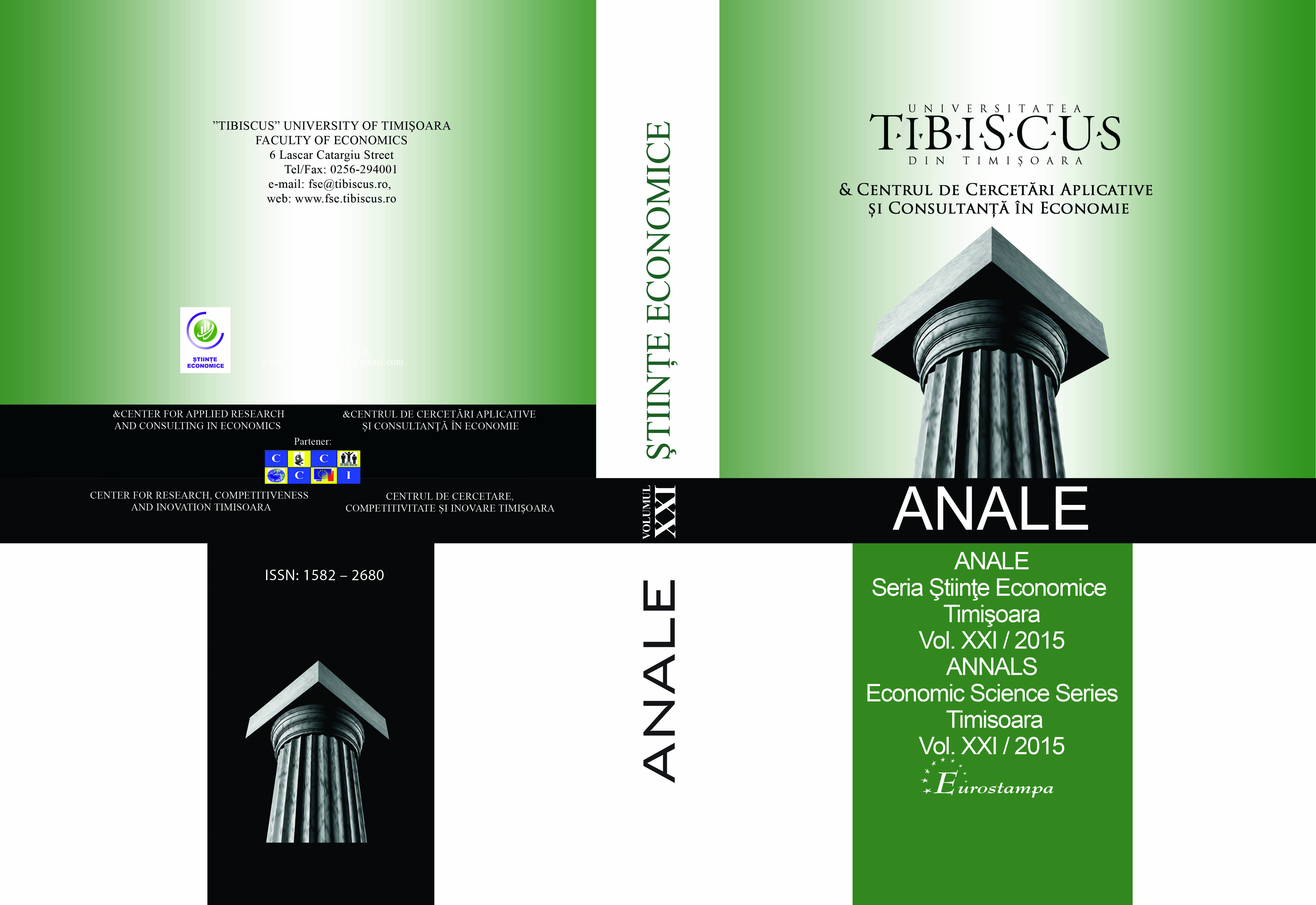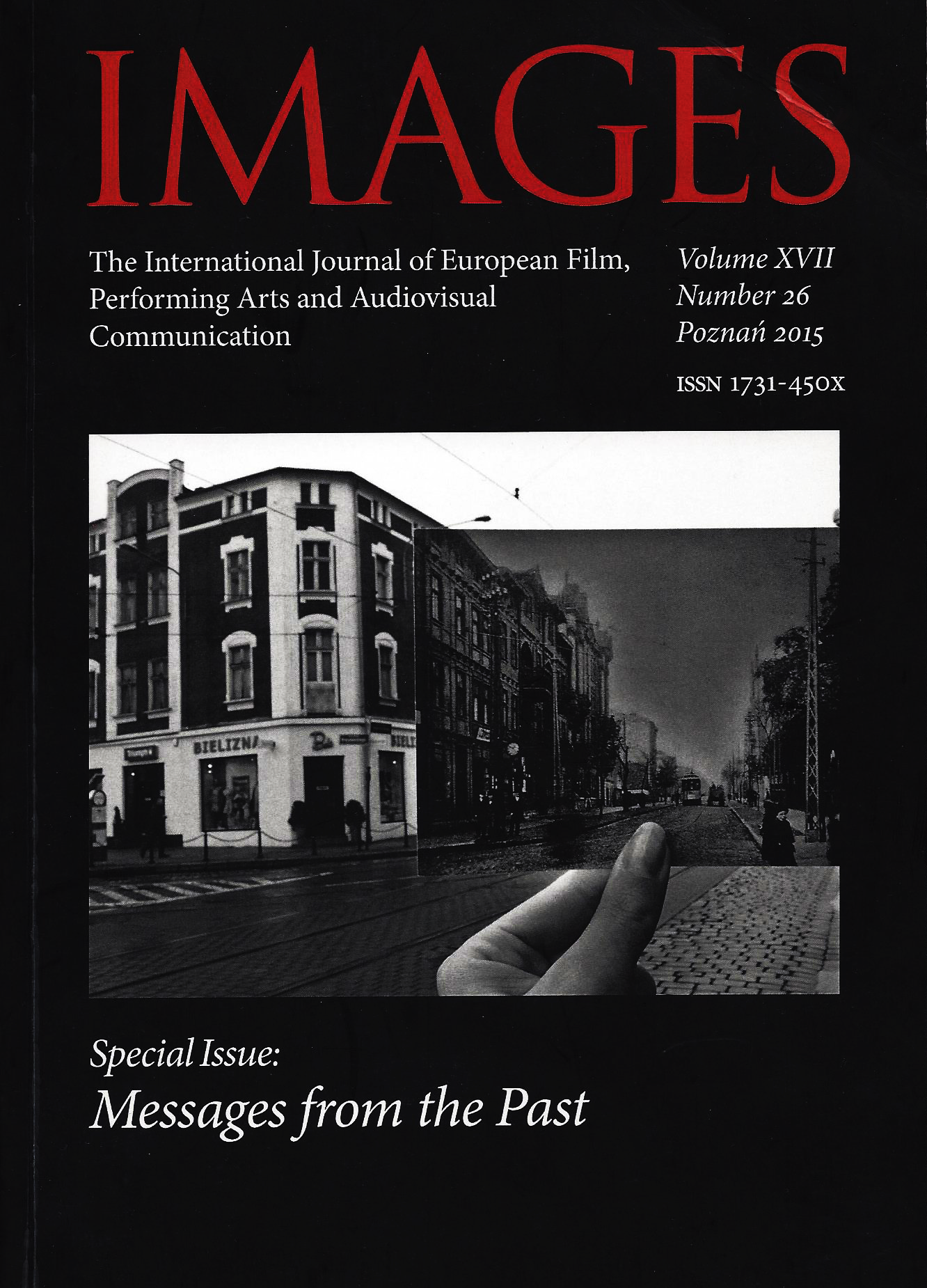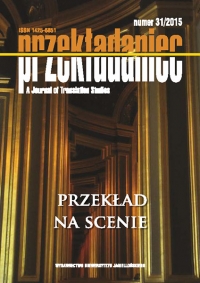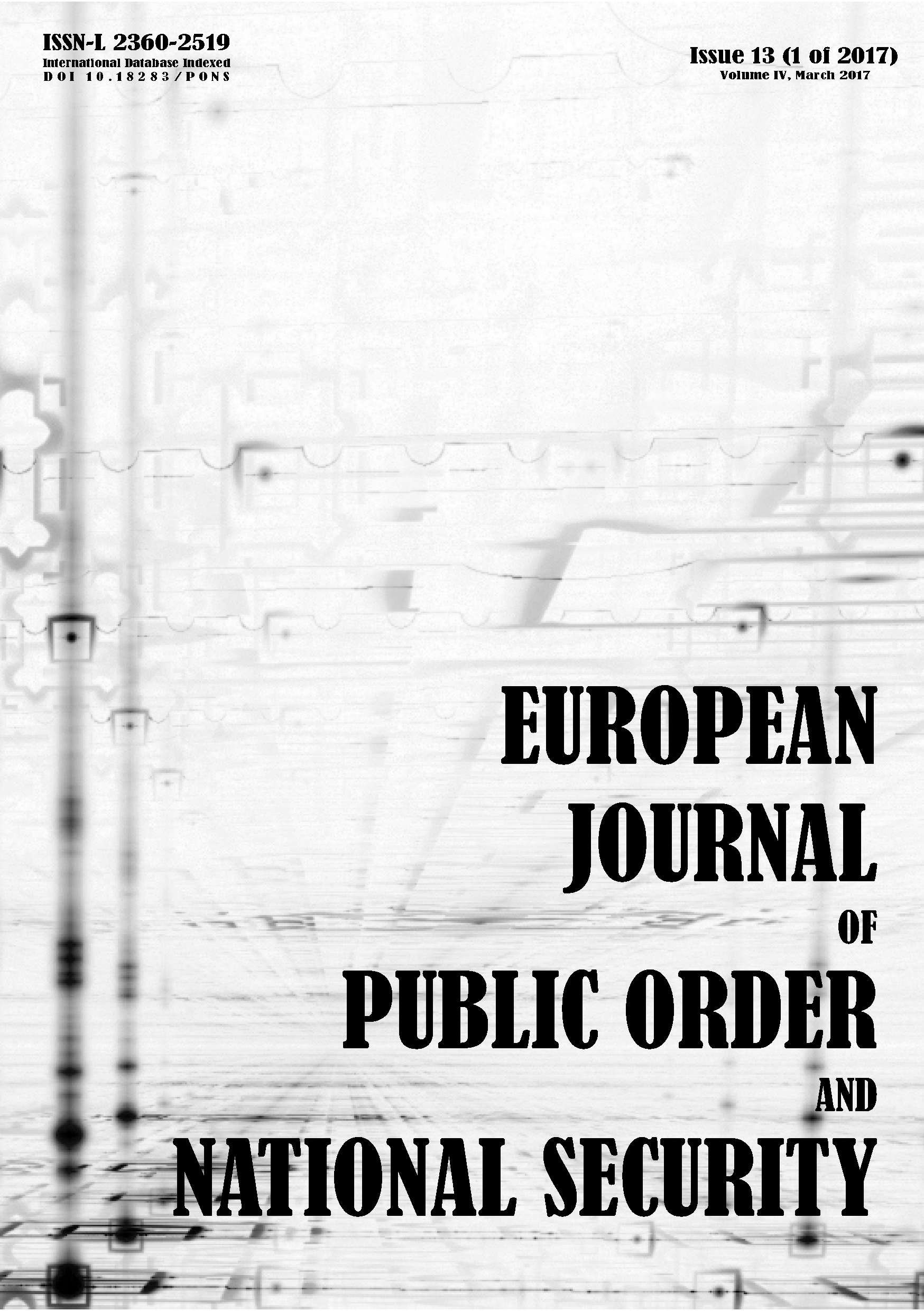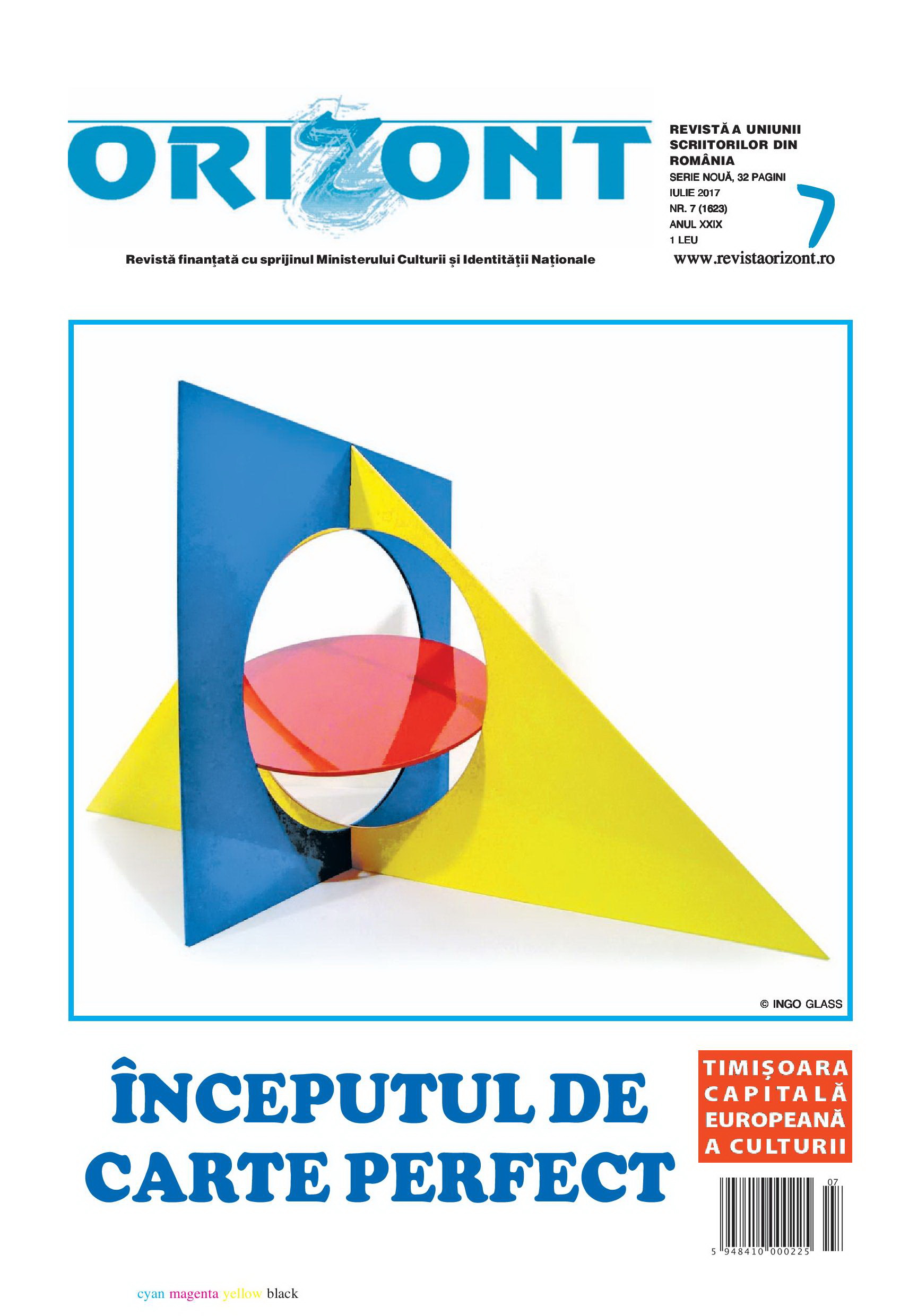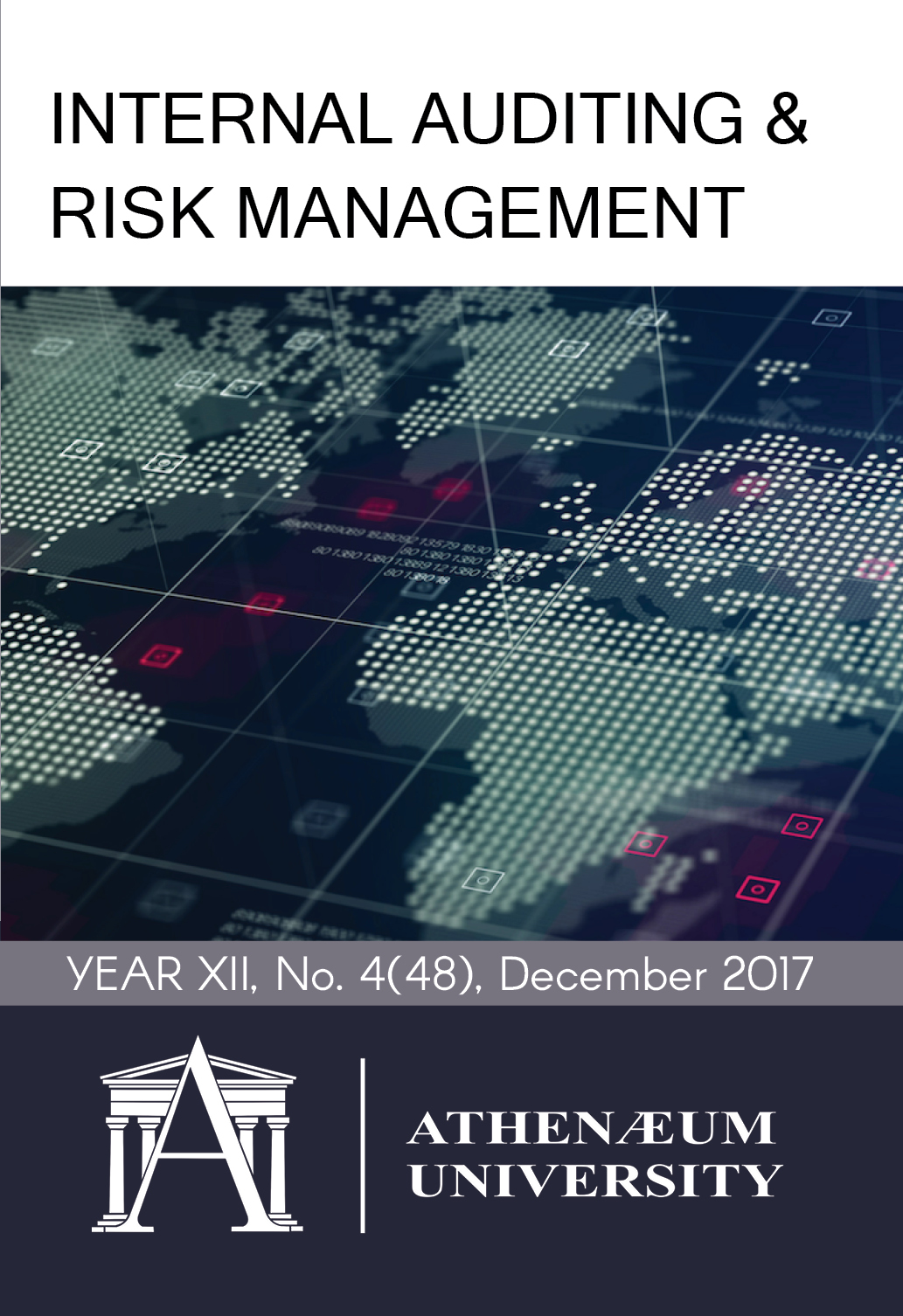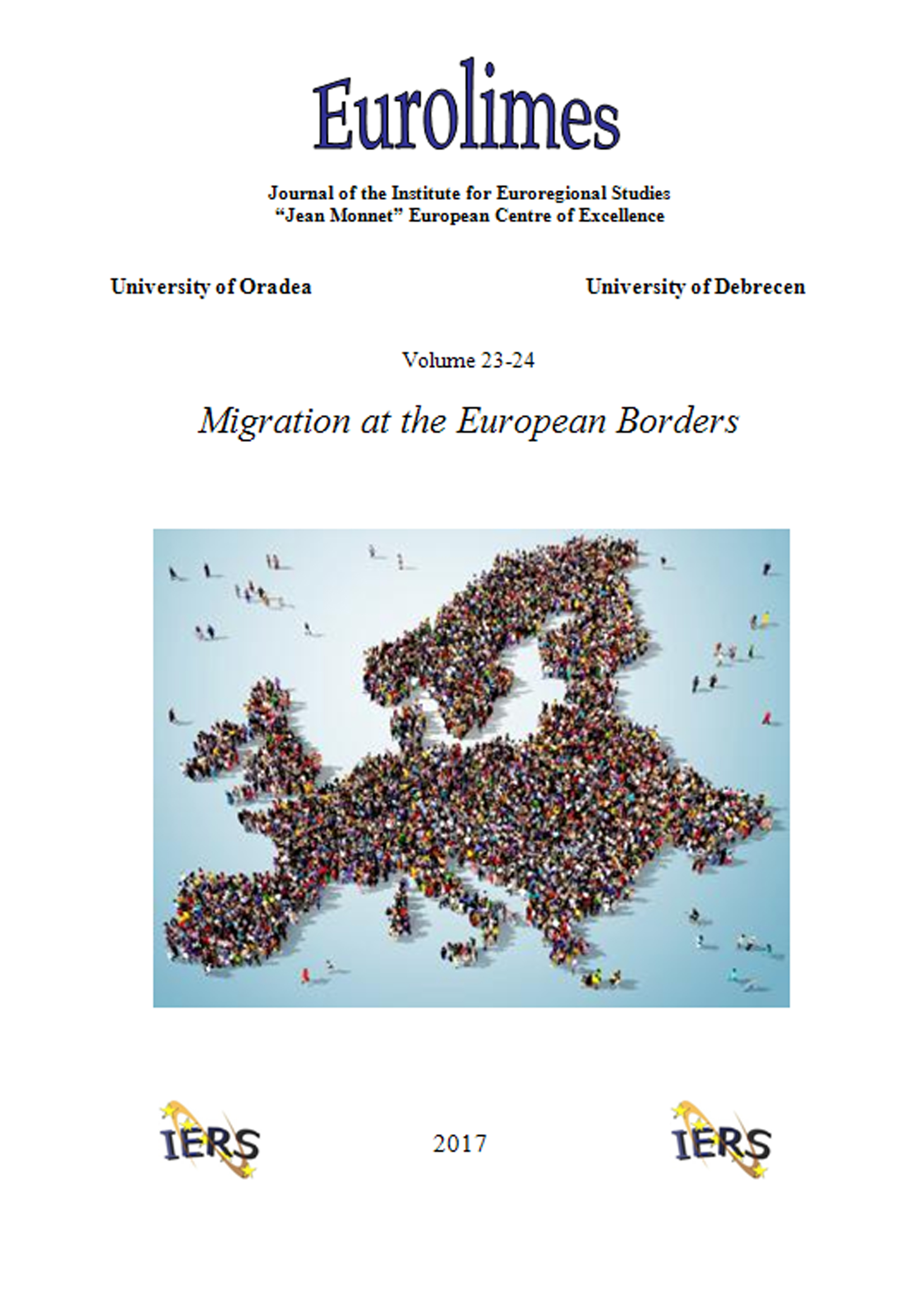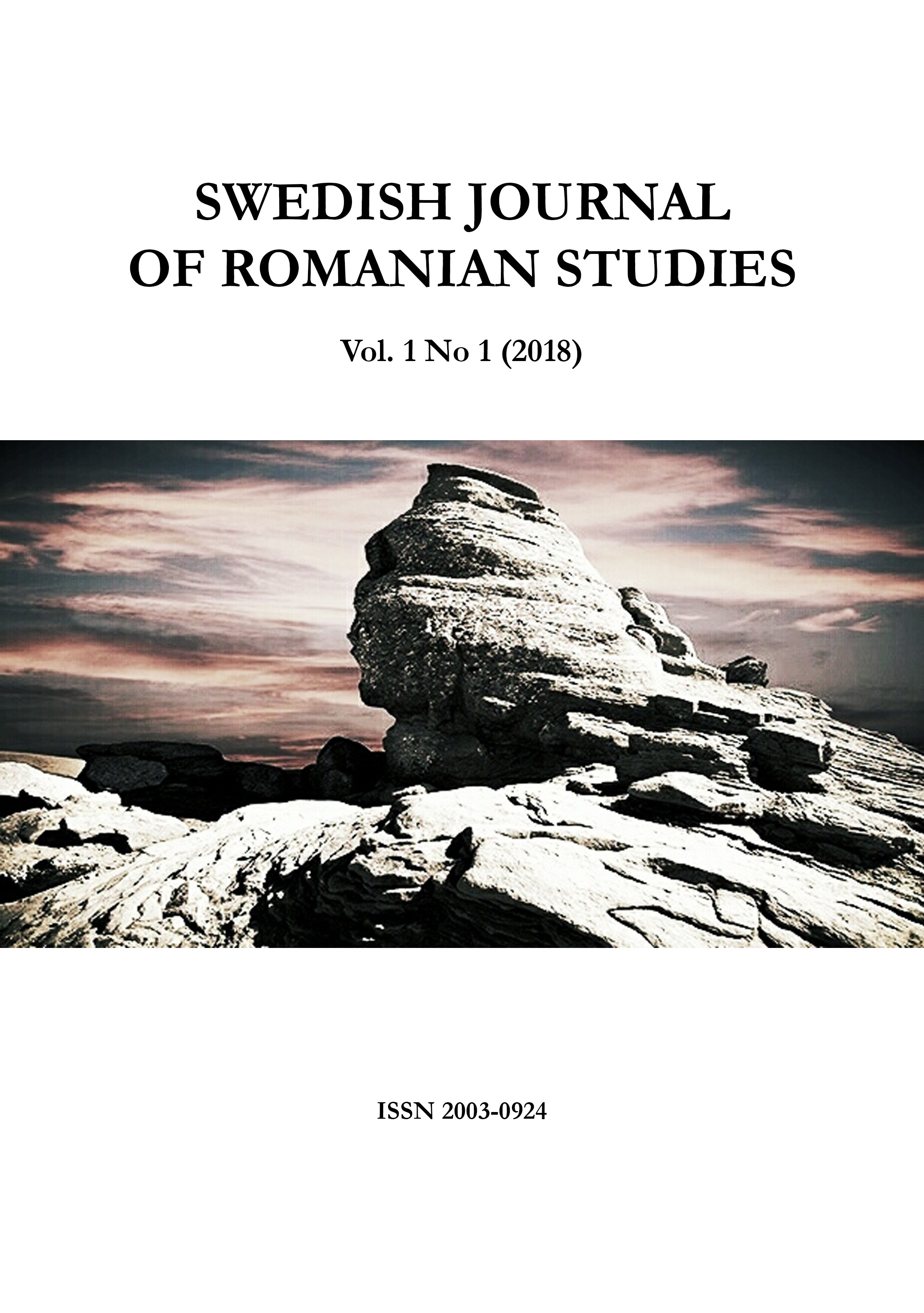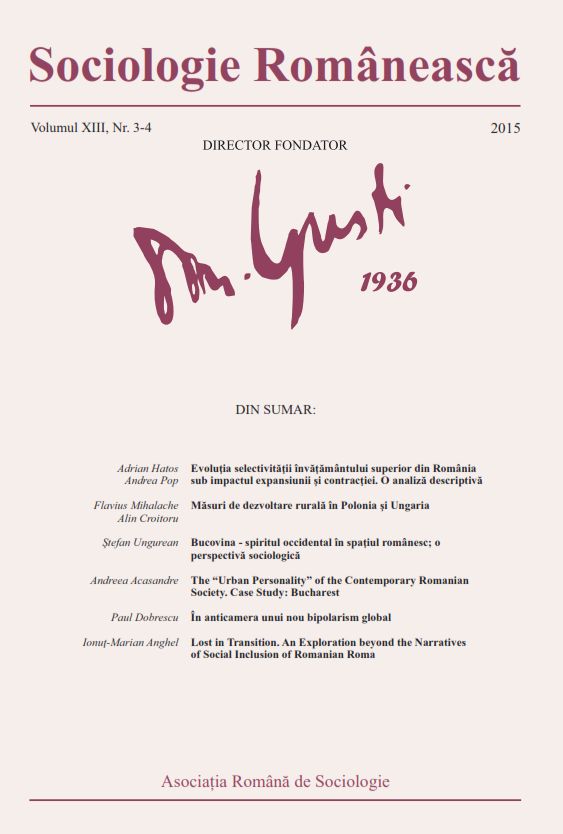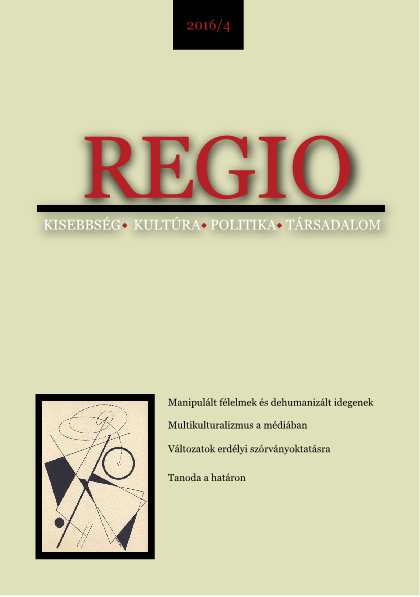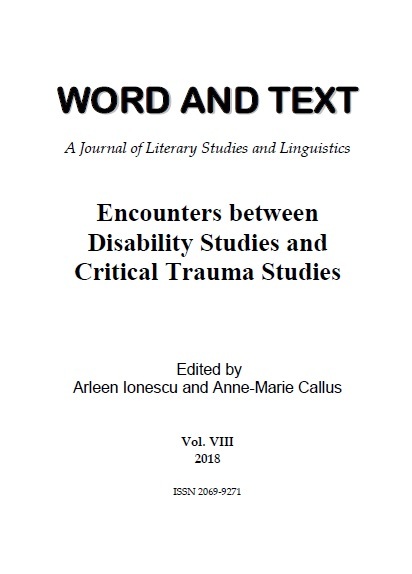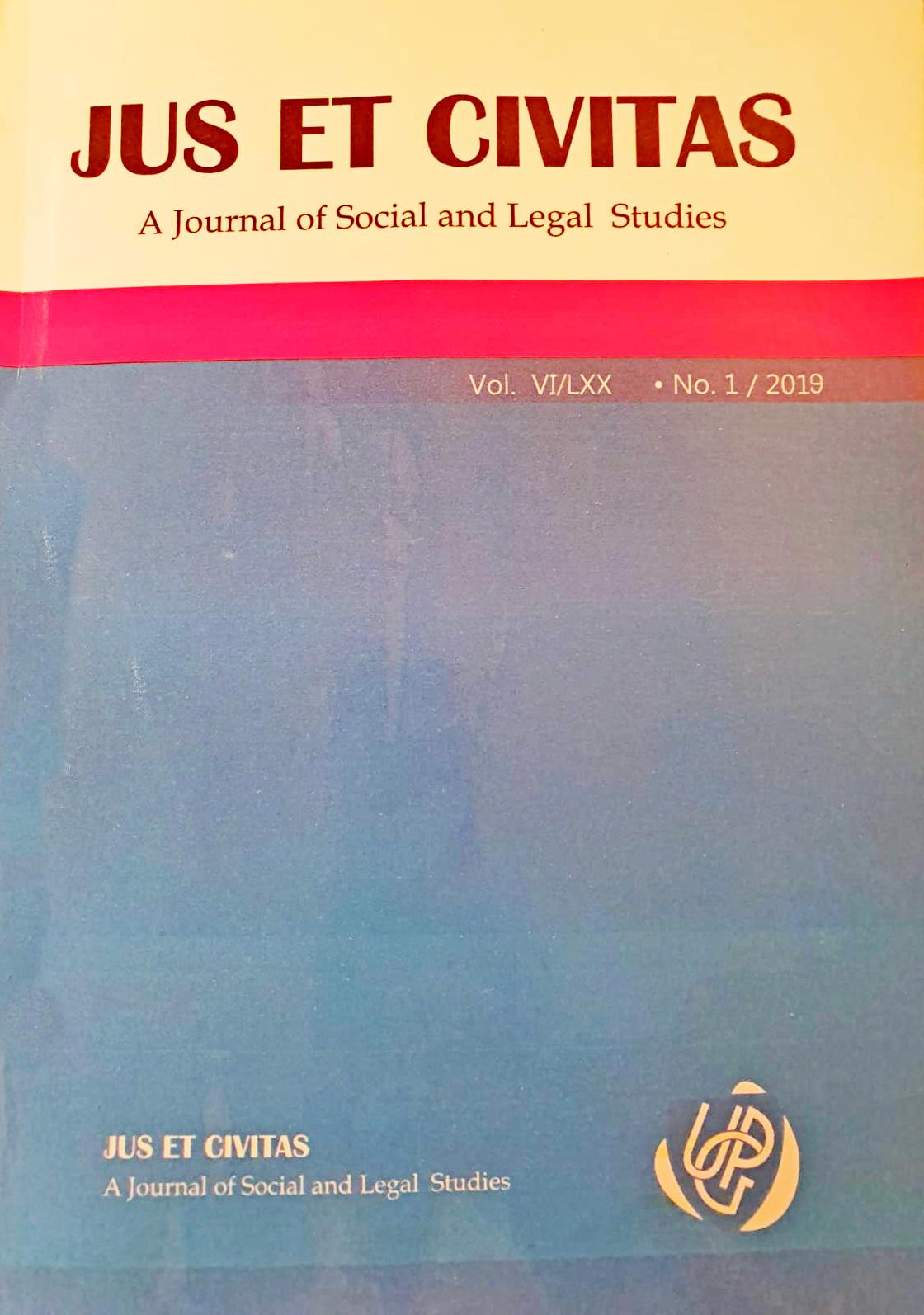Teatralność oraz kategorie czasu i miejsca jako istotne zagadnienia w przekładzie dramatu
Author(s): Monica Randaccio / Language(s): Polish
/ Issue: 31/2015
Keywords: drama translation; performability; time and place
The aim of this paper is to investigate diachronically the development of the notion of performability, one of the priorities of the stage dimension of translation, and the notions of time and place, which establish the relationship between a source text and its translation. It is in the dual perspective of the dramatic text as an element of both the literary and theatrical that performability and the notions of time and space acquire relevance in drama translation. Performability is a controversial term whose definition is elusive and changing according to specific historical times, although it subsumes unavoidable questions in drama translation, as many translation theorists have shown over the last thirty years (Bassnett-McGuire 1978, Bassnett 1998; Espasa 2000; Johnston 2004; Che Suh 2001; Espasa 2013). Thus, for Bassnett, performability cannot be “universally applied” (Bassnett1998: 98) as it is culturally determined. For Lefevere, performability is partly determined by what conforms with the theatrical and production systems (1992: 14–15). For Espasa, performability especially means ‘marketability’ (2000: 56). My contention is that, if performability has become an increasingly undefined notion, time and space, on the other hand, have played a crucial role in the reflections brought forward by many recent translation theorists and are the underlying notions of some of the most accomplished systematisations of drama translation. Pavis, in his semiotic approach, shows how time and place inevitably change in drama translation at each step of the translation process. From an intercultural perspective, Aaltonen similarly states that “the choice of a translation strategy… is linked with the spatially and temporally confined codes which through these strategies become represented in the discourse of the completed translations” (Aaltonen 2000: 45). Robert Lepage and Jatinder Verma use theterm ‘tradaptation’ to indicate a new form of re-writing from a non-Western perspective, in which time and place are totally transformed (Cameron 2000: 17). More recently, Perteghella in her descriptive-anthropological model of theatre translation implicitly refers to time and place when she sees some linguistic and performance practices as the ideology guiding the translator, who is influenced by “the historical period and its social and cultural milieu” (2004: 11) (emphasis mine).
More...
